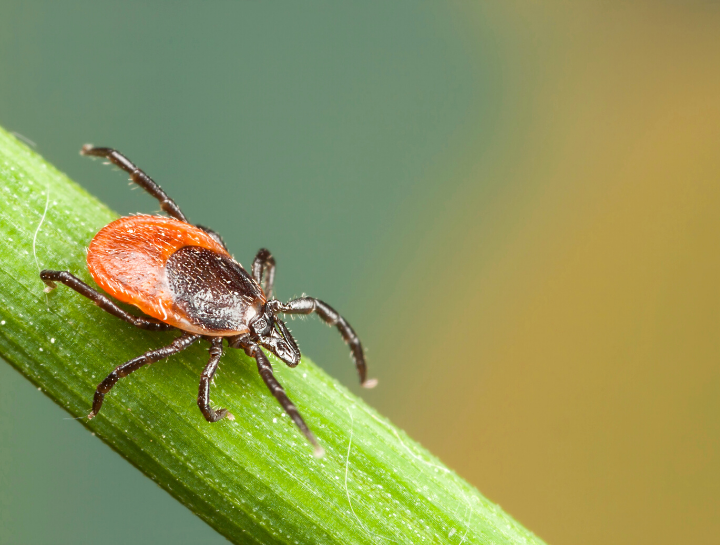6 Zoonotic Diseases That Affects Pets & People

Zoonotic diseases are those that can be transmitted to humans from animals (the Coronavirus and Ebola are two recent examples). Pet owners wonder may what this has to do with their loveable cat or dog, but did you know that there are quite a few zoonotic diseases that affect pets and people?
The team at Advantage Veterinary Center is here to discuss the important topic of zoonoses, so that we can better protect your pet and your entire family.
6 Zoonotic diseases carried by pets
Because we live in close contact with pets and other animal species, it’s not surprising that zoonotic diseases are on the rise. Zoonotic disease is spread through close contact with an animal’s blood, urine, or waste, through drinking contaminated water, and through a bite.
Here are eight of the more common diseases associated with pets.
- Cat Scratch Disease – Also called Bartonella henselae, this bacteria is found in fleas and is transmitted to felines. It is transmitted through a bite, scratch, or an open wound on the skin. Cat scratch disease causes swelling of the lymph nodes, fever, lethargy, inappetance, and fatigue. Fortunately, most people and dogs recover, but it can require treatment and rest.
- Rabies – This deadly virus is so serious there are laws set to protect pets and people. Most states require dogs and cats to be vaccinated to prevent the spread of rabies. It can be fatal when humans or animals are infected. Rabies is transmitted through the saliva of an infected animal, which can include skunks, coyotes, bobcats, and other wildlife, as well as companion pets.
- Intestinal worms – A lesser threat, but certainly a more common one, are intestinal worms such as hookworm and roundworm. Intestinal worms are common when there is poor hygiene, sanitation, and lack of clean water, and often infect children or those with compromised immunity.
- Tick-borne illnesses – You have probably heard of Lyme disease by this point, and this disease is also zoonotic. Lyme disease, Rocky Mountain Spotted Fever, Ehrlichiosis, and Anaplasmosis are all caused by a tick bite. Lyme disease can wreak havoc on the health of dogs and people, as do other tick-borne illnesses. Signs of infection include a red “bullet-mark” around the site of the tick bite as well as flu-like symptoms. In dogs, they might display lameness, swollen lymph nodes, and joint pain.
- Leptospirosis – A more recent occurrence among dog owners is the Leptospirosis infection. This bacteria, called Leptospira, is carried in the urine of animals, most notably rodents. Since rodents are abundant in cities, Leptospirosis has been on the rise in areas where it once was fairly dormant. Many dogs acquire the illness from drinking contaminated water or rooting in soil where the bacteria reside. Humans come into contact with the disease through cleaning up after their dogs. Leptospirosis is a very serious health concern which can cause liver/kidney failure.
- Toxoplasmosis – This illness typically doesn’t cause problems among healthy adults, but it can harm a growing fetus, causing birth defects or misscarriage. The protozoan parasite Toxoplasma gondii, is the culprit behind the disease and is found in cat feces and undercooked meat. Pregnant women should use caution when handling raw meat and avoid cleaning the litter box unless using gloves.
Most zoonotic diseases can be prevented through the use of monthly parasite control along with the correct vaccine schedule. Your veterinarian can discuss some options for your pet with you, assessing them for risks based on lifestyle, exposure to possible zoonoses, travel plans, etc.
Other tips include:
- Clean up weeds, standing water, and other areas where parasites and wildlife can thrive.
- Prevent your dog from drinking out of communal dog bowls, puddles, ditches, and other standing water.
- Wash your hands after handling pet waste or cleaning the litter box.
- Wash your child’s hands after they play with animals.
- Keep pets from investigating dead or live animals.
- Keep pets inside when you are not watching them
For more information on zoonotic diseases or to schedule an appointment, please contact us. Our aim is to keep your furry loved one and family safe.
